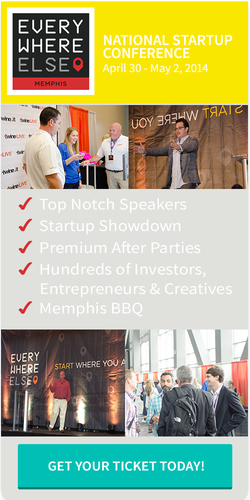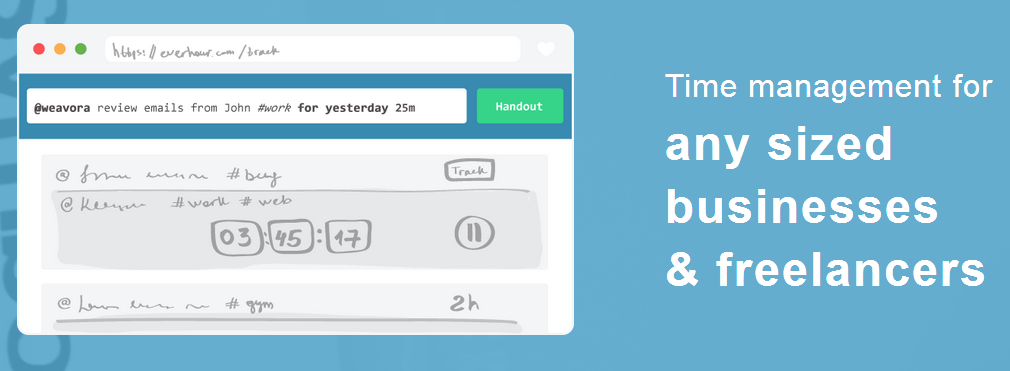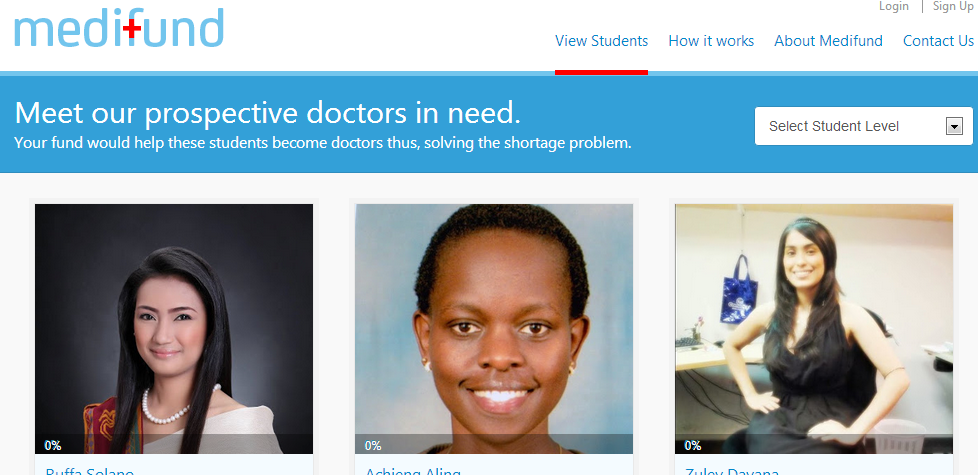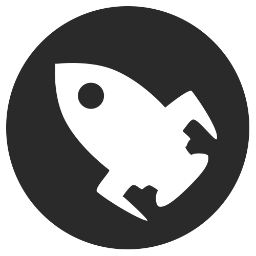We’ve always said the best startup ideas are born from personal needs. The team at Weavora believe that, too, so when they created a time tracking tool for internal use, they figured they should share the love with everyone.
 Find out about Everhour below:
Find out about Everhour below:
1) What’s your startup called?
Our company is called Weavora, founded in 2009. We’ve been specializing in web development and consulting and about half a year ago decided to start a startup within the company, and it turned out to be a second breath for the team.
2) What’s your big idea?
Our cherished startup child is Everhour, a time tracking and reporting web app. It embodies our idea of a tool somewhat geeky and so simple and lightweight that even developers (who usually hate tracking hours and time sheets) love using it.
Everhour helps to track hours and analyze them afterwards via detailed time reports. The app is equally great for tracking personal activities like education, sport, hobbies as well as work. It will be perfect for freelancers who need to provide clients with precise timesheets and company owners who want to track their team’s time. Creating time entries with handy @mentions and #tags is as easy as using social media and virtually takes no time.
Working on the app, we focused on keeping the functionality just to the point with no excessive features or tricky interface. We didn’t want to make a mistake of overloading Everhour with a lot of things that in the end would be redundant. Users value their time too much to waste it on getting their bearing in the app instead of starting using it for its purpose.
Moreover, we wanted to have business software that doesn’t feel fiddly or awkward, because often such kinds of tools lose in design and UX compared to apps for individuals.
3) What’s the story behind your idea?
We are organization junkies to a certain extent, and since the company launch we’ve been searching for ways to keep track of the team’s work and have nice time reports. It was important for us to analyze time spent and provide clients with precise figures and be transparent with them.
We’ve tried out a lot of things and approaches such as non-tracking time (which obviously isn’t the best solution), Excel and Google Drive spreadsheets as well as many popular time management tools and services. But every time we used a new app, something was missing or wasn’t just fitting us. You know what they say – if you want a thing done well, do it yourself, and that’s exactly what we’ve done. We designed a time tracking and reporting app perfect for our team and realized we couldn’t keep it just to ourselves. We thought it would be great to let other people see how easy and pleasant timesheets could be.
4) Who are the founders?
Mike Kulakov (CEO), Sergey Staroverov (COO), and Yury Tolochko (CTO) are the founders of Weavora, fellow students and friends. By the time of starting Weavora, they all had had deep expertise and knowledge of the field which let them avoid lots of stumbling points newly launched startups usually face. Weavora was an opportunity for them to build a dream team and work on challenging projects in line with their vision.
5) Where are you located?
The beautiful city of Minsk, Belarus
6) What’s the startup scene like there?
The startup community has been growing so quickly and actively over the last couple of years that you may call Minsk a second California :) There are a lot of smart, talented and adventurous guys here who are brave enough to bring their dreams to life. IT in general is really booming here with lots of our companies such as Viber, Wargaming, EPAM, MapsWithMe, Viaden, TrackDuck getting to the international level.
7) What milestones have you reached?
Over 1500 users have already joined us at Everhour and we’re extremely excited about it. We stick to the lean startup approach and have never intended to spend tons on advertising, so it has been the word of mouth in action so far. We love our users, are always ready for their feedback and new ideas and suggestions. The team has also recently released an updated version where we polished the interface even more to make projects, organizations, members and clients management maximum simplified.
8) What are your next milestones?
Next on our roadmap is releasing an iPhone version of the app. Lots of our users will be able to take advantage of tracking their time on the go while on meetings or at out-of-office lunches. We are also going to refine the design to provide a highly intuitive user experience. Besides, we’re thinking about adding some helpful integrations and API. And of course, we never stop improving the app performance.
9) Where can people find out more?
You can always get in touch with the team via Twitter at @everhour. Plus we have Everhour blog on time management and productivity. Our company blog is for sharing our insights and experience of working in a small team together with some tech and industry topics covered. And for those having any questions on the functionality, there is a pretty extensive FAQ section.







